Liquid biopsies or blood tests are promising cancer screening tools, but many are far from commercialization and are limited to detecting one type of cancer. Biotech firm Grail Inc. could be closing in on market approval, having earned US Food and Drug Administration (FDA) Breakthrough Device Designation status on Monday for its signature blood test, which promises to detect multiple cancers from a single draw of blood.
“We’re excited the FDA recognizes the potential of our multi-cancer early detection blood test,” said Grail CEO Jennifer Cook in a press release. “There are no effective early detection tests for the majority of cancer types, and many deadly cancers are often detected too late. We hope our test may offer a chance to address these challenges.”
The three-year-old company specializes in interrogating circulating tumor DNA through next-generation sequencing and machine learning algorithms. One of their blood tests looks for changes to DNA methylation, where genes are turned on or off with the addition or removal of methyl groups. Abnormal DNA methylation could turn off tumor suppressor genes thereby promoting tumor growth.
Gaining FDA breakthrough designation permits the company to accelerate product development, assessment and review. With this support from the FDA, they have the potential to pull ahead of their competitors in the liquid biopsy market. Cancer diagnostics company ArcherDX received the same designation back in January for its own multi-cancer detecting assay, which can accept genetic material from both blood and tissue slides.
About 17 percent of all deaths worldwide are due to cancer, some of which could be prevented by early detection and treatment. But developing a test that’s cheap, noninvasive, effective and sensitive is much easier said than done. After the Theranos scandal, scientists are more critical than ever of genomics-based blood testing.
As reported in MedTech Dive, analysts from William Blair said, “We have not seen anything that [suggests] Guardant, or anyone else (including Exact Sciences), has been able to develop a blood-based test with high enough early stage sensitivity, even with the help of machine learning and advanced AI.”
Another area of improvement within liquid biopsies is the separation of circulating tumor cells from the blood. Last year, a collaborative team of researchers demonstrated that sound waves could effectively separate these components without damaging the integrity of the cells or its genetic material. With intact cells, researchers could expand them in culture and perform more extensive testing.
Grail’s blood test claims to not only detect cancer but also to determine where the tumor originated from if it had metastasized. This information can help match patients to specific therapies that best suit their cancer stage, type, or genetic makeup. A recent study demonstrated the feasibility of matching late-stage cancer patients to early phase clinical trials based on genetic information derived from a liquid biopsy.
The company’s clinical program includes curating a library of genetic cancer signals and validating the test in different at-risk populations. To date, the company has enrolled 115,000 participants across the three major studies. Grail researchers will be presenting new data at the 2019 American Society of Clinical Oncology (ASCO) Annual Meeting in June.
As cancer is expected to rise in tandem with the aging population, the need for new methods of early cancer detection becomes more urgent than ever. At the same time, Grail scientists need to be wary of rushing products to market with the new designation in hand.

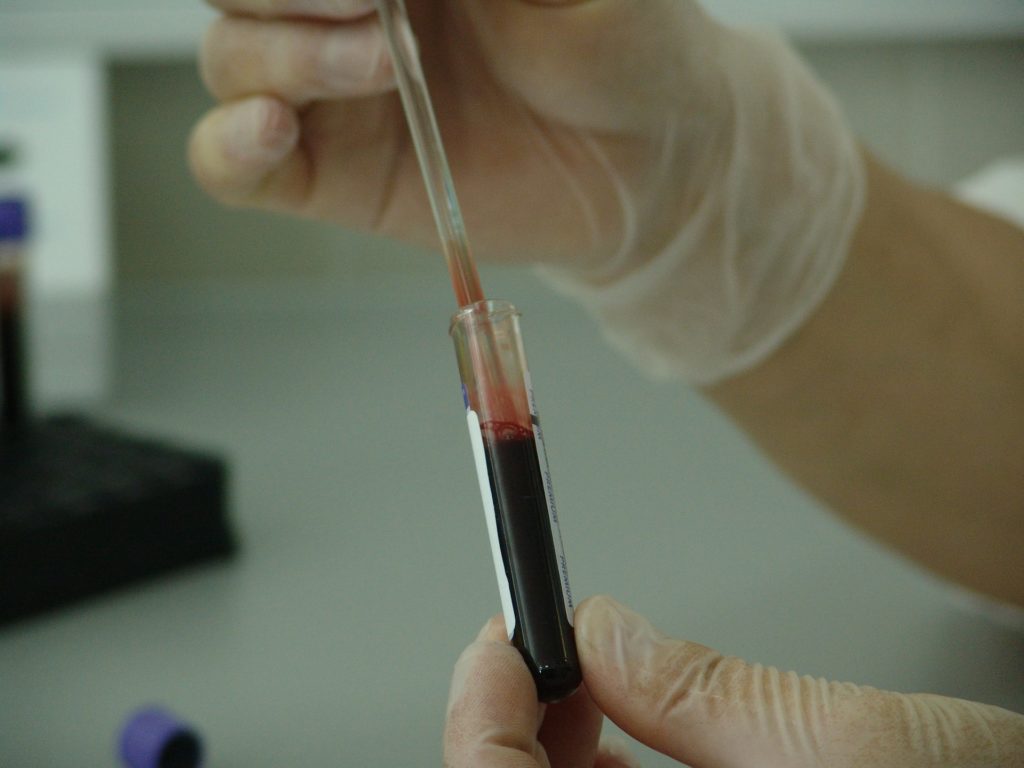
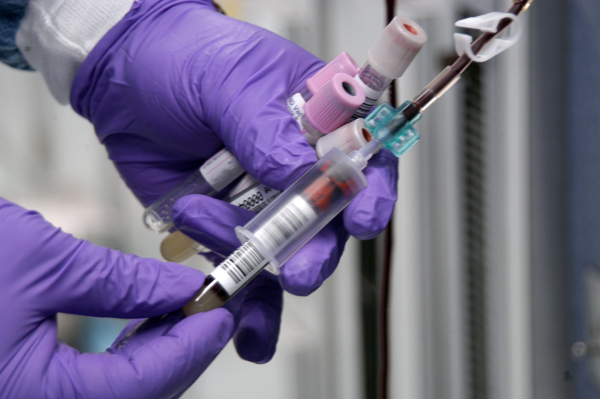
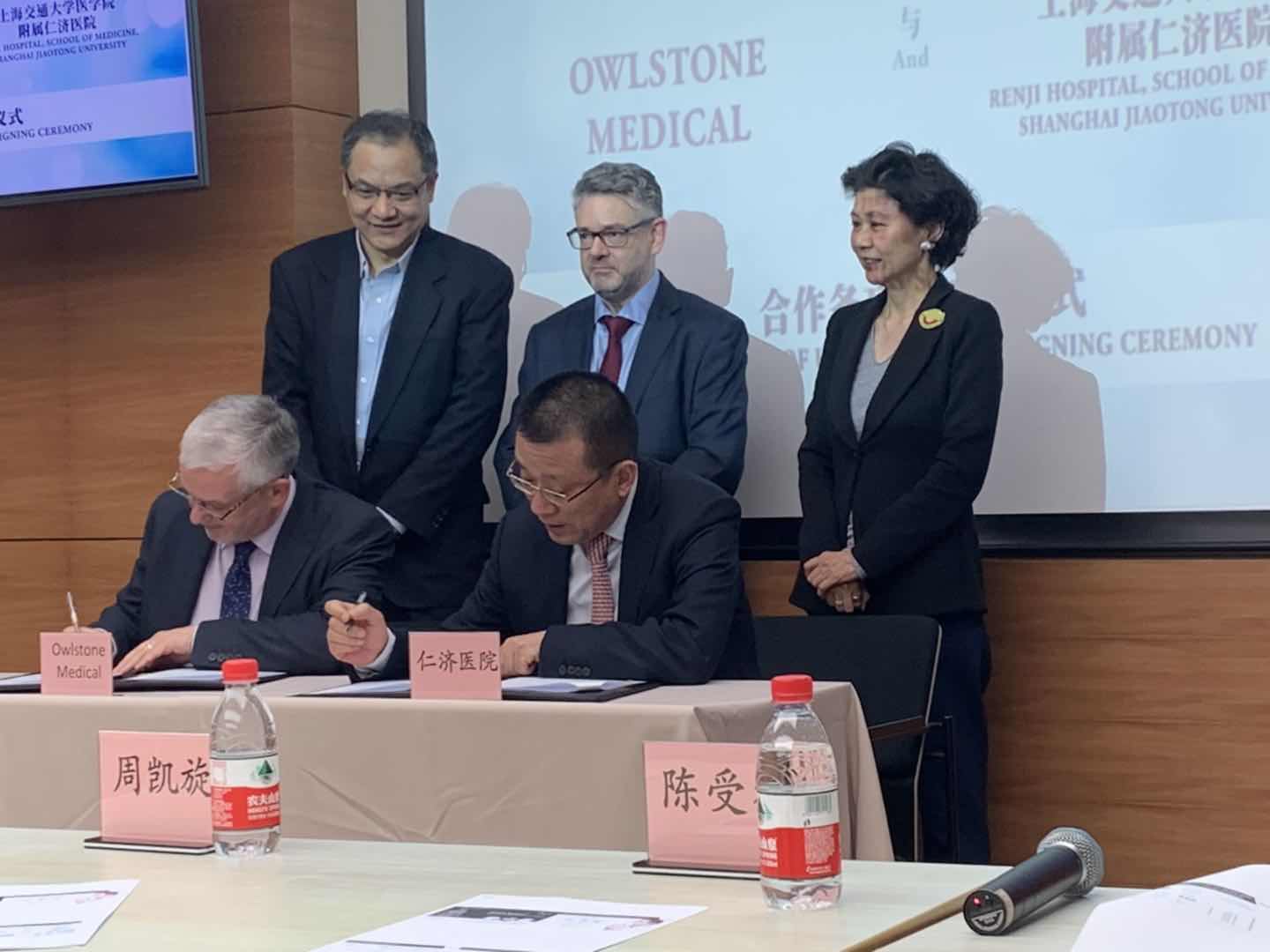
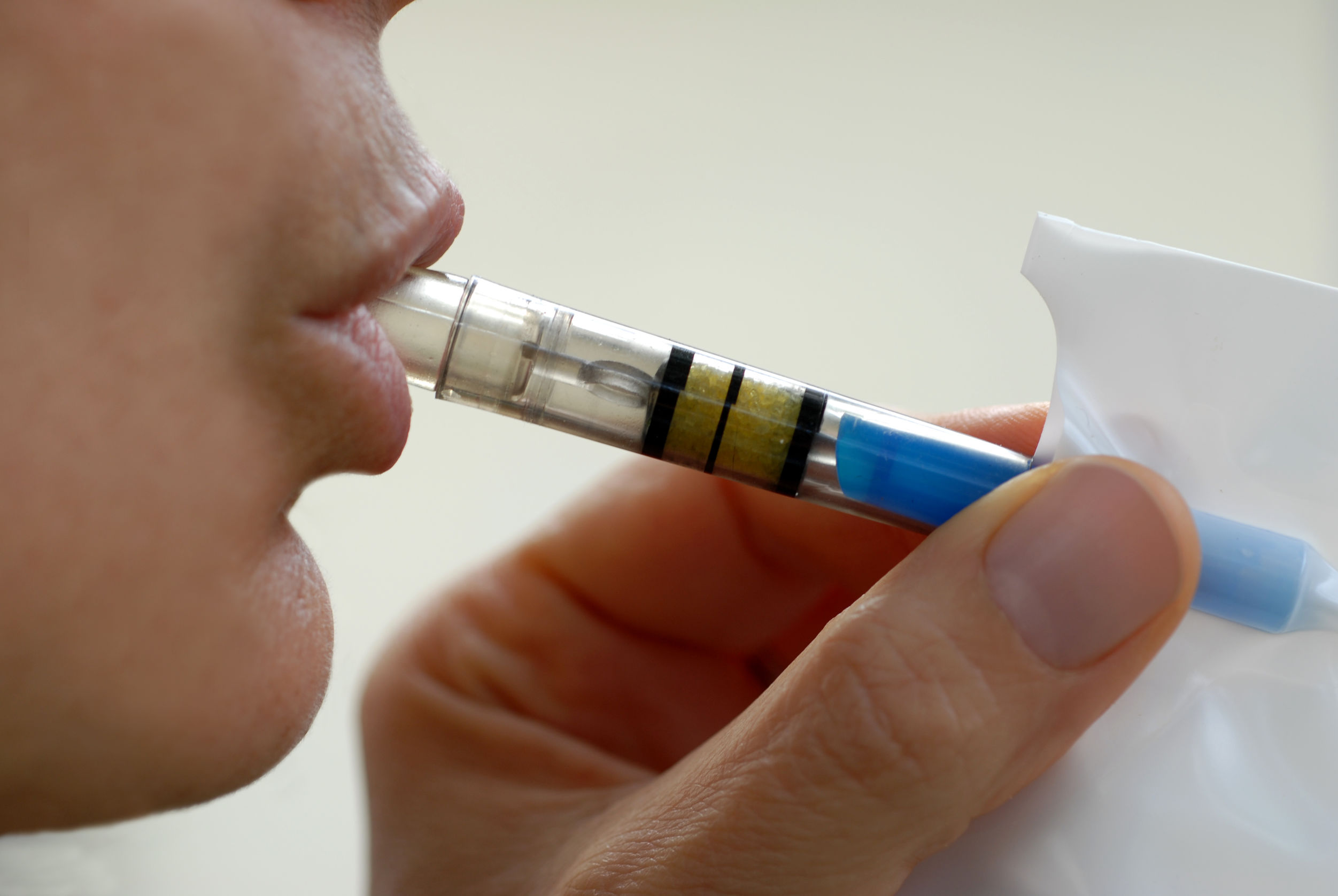
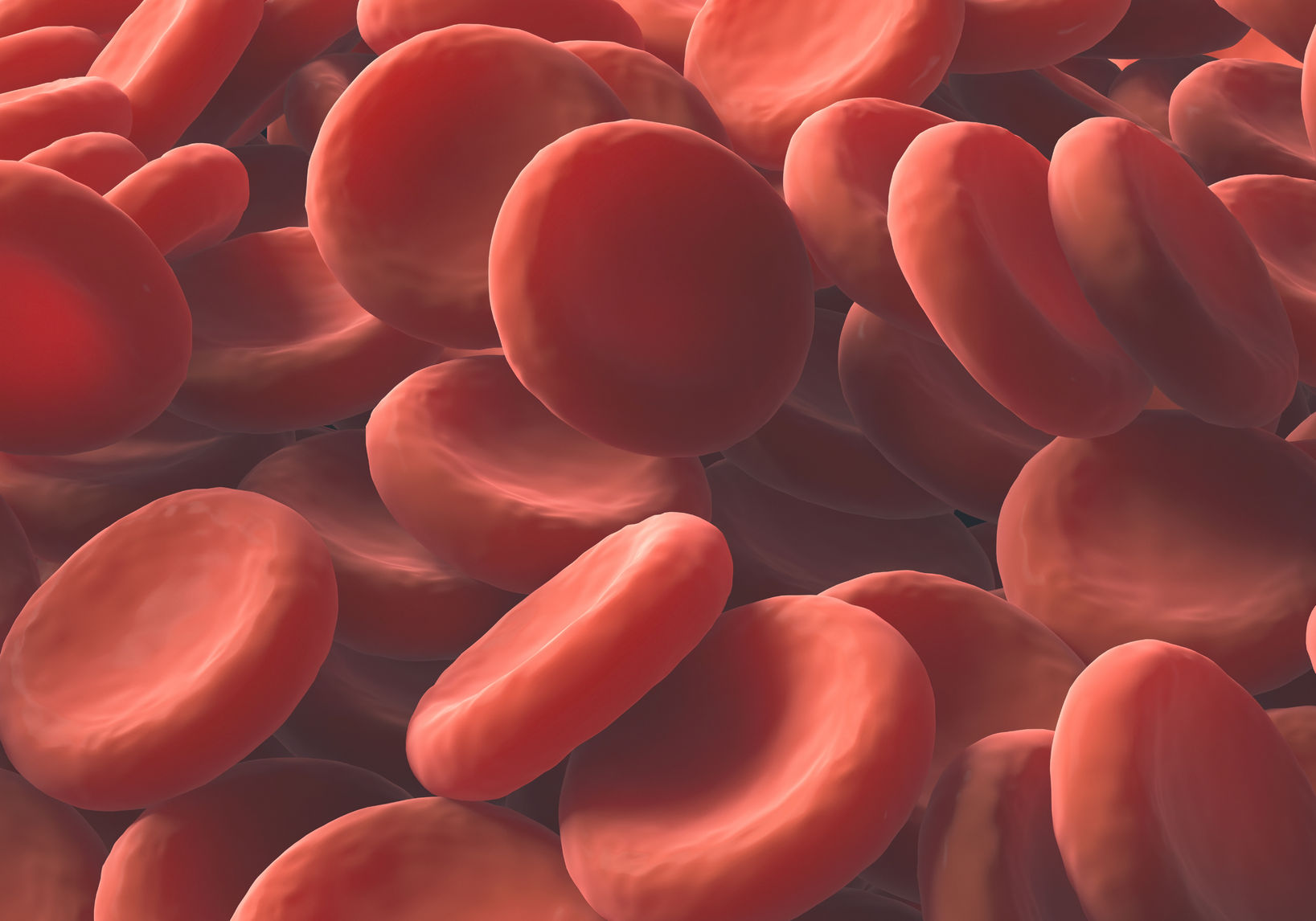
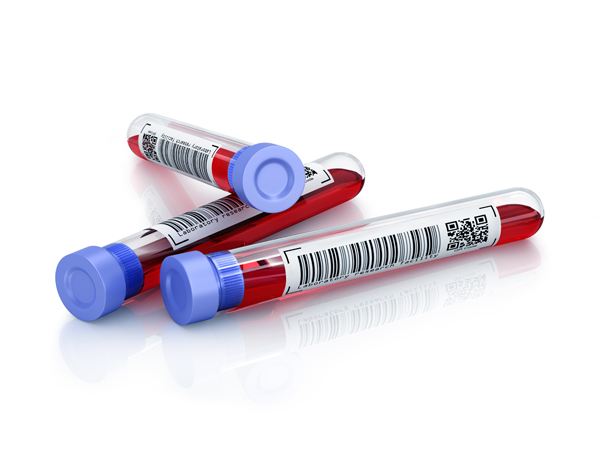




Join or login to leave a comment
JOIN LOGIN